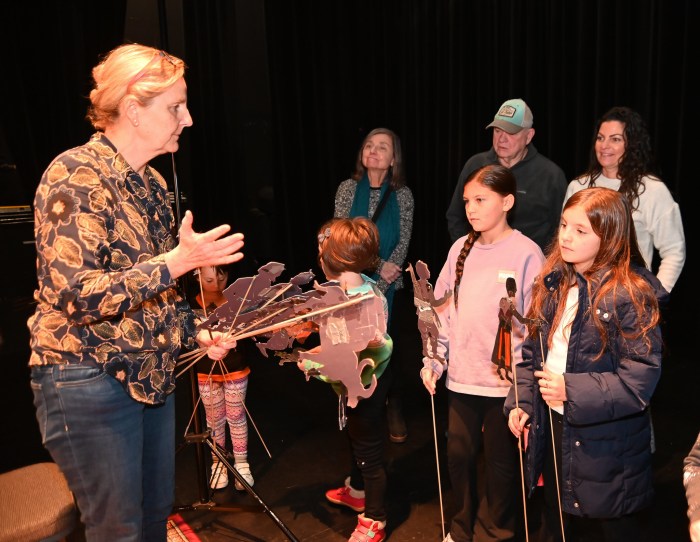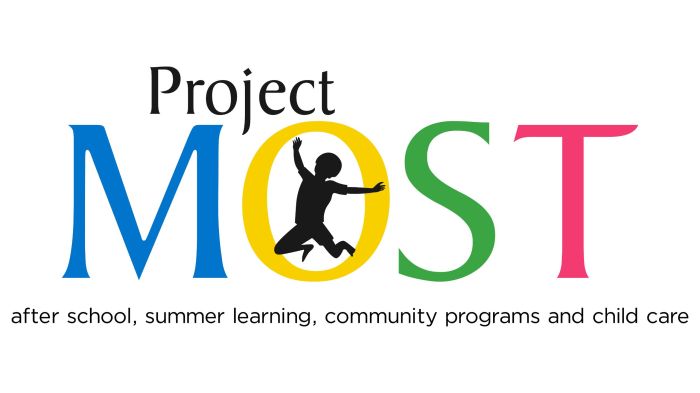 Nassau County Executive Laura Curran joined County Health Commissioner Dr. Lawrence Eisenstein at Wantagh Park’s pool to discuss the county’s Child Safe Summer initiative.
Nassau County Executive Laura Curran joined County Health Commissioner Dr. Lawrence Eisenstein at Wantagh Park’s pool to discuss the county’s Child Safe Summer initiative.
With drowning being the number one cause of accidental death nationally among children ages 1-4 and skin cancer being the most common cancer in the United States, Nassau County is taking action and launching a summer long multimedia awareness campaign. The campaign is intended to raise awareness for safety concerns including swim, sun, heat, insects, bike safety and more and provide resources and tips to reduce risks.
The new website nassaucountyny.gov/ChildSafeSummer will be a one-stop-shop for the latest safe summer health updates, advice, alerts and information.
“Nassau County has a wealth of options for outdoor summer recreation including six public pools, 62 parks and miles of pristine beachfronts. We want to urge everyone to take the necessary precautions to ensure a safe summer,” said County Executive Curran. “We can help our families avoid accidents and potential dangers of the summer season by educating ourselves and our kids on how to stay safe while still enjoying summer vacation. Use sunblock and use it right. Put your phone and other distractions away while kids are in the pool. Wear your helmets when riding bikes and never leave children or pets in cars—even for a quick errand. The county’s health department will continue to provide the latest health tips, alerts, and updates along with practical advice for travelers, swimmers, and all residents who wants to beat the summer heat and enjoy all that Nassau County has to offer.”
“I encourage residents and visitors to enjoy Nassau County’s great outdoors,” said Health Commissioner Dr. Eisenstein. “Parents and caregivers must provide undistracted and continuous supervision of their children, especially around water, to keep them safe.”
County Executive Curran suggests tips to help kids stay safe this summer and all year long.
For more information, visit nassaucountyny.gov/ChildSafeSummer.
Pool Safety Tips
- Never leave a child alone in the water.
- Always maintain visual contact.
- Never leave tempting objects such as floats or toys at poolside or floating on water surface.
- Research has shown that barrier devices such as four-sided isolation fencing can reduce the incidence of drowning among toddlers and young children.
- Keep chairs, stools, tables away from fences and poolsides.
- Always lock gates and remove ladders/steps when pool is not in use.
- Keep a phone at poolside for use in an emergency.
- Never rely on a flotation device as a substitute for constant supervision.
- Use pool alarms for short periods of time and cover pool when not in use for long periods of time.
- Learn CPR and emergency first aid.
Sun Safety Tips
- Wear long-sleeved shirts, pants, and a wide-brimmed hat to get the best protection. If you’re wearing a baseball cap or short-sleeved shirt, make sure to put sunscreen on your ears, neck, and arms.
- Stay in the shade as much as possible between 10 a.m. and 4 p.m., which are peak times for sunlight
- Use a broad-spectrum sunscreen of at least SPF 15 on any exposed skin. Apply the sunscreen to dry skin 15-30 minutes before going outdoors and reapply it every two hours, as well as after swimming, sweating or toweling off.
- Wear extra sun protective clothing around surfaces like snow, sand, water, and concrete that reflect the sun’s rays and could increase your risk of sunburn.
- If you work outdoors, ask about sun protection at your job, like wearing sun-protective clothing.
- Follow these tips on cloudy days too! Clouds do not block most UV rays.
- Avoid indoor tanning.
Heat Safety Tips
- Pay attention to weather reports (TV, radio and social media), or visit www.weather.gov
- Wear loose, light weight and light-colored clothes.
- Turn on air conditioners and/or fans, Stay indoors as much as possible.
- Find your nearest cooling place/shelter if you don’t have air conditioning or if you feel overheated.
- Check on family, friends or neighbors who don’t have air conditioning, especially elderly ones.
- Drink a lot of fluids. Avoid drinking alcohol or caffeine.
- Never leave children, adults or pets alone inside a vehicle.
- Avoid any strenuous outdoor activities.
- Take a lot of breaks in the shade if you work outside.
- Call 911 if you feel faint or have trouble breathing.
Tips to Avoid Bug Bite
Ticks
- Avoid tick infested areas – Overgrown grass, brush, leaf litter. Walk and hike in the center of trails.
- Tuck pant legs into socks or boots and shirt into pants.
- Use EPA approved insect repellents containing at least 20 percent DEET on clothes and skin.
- Check clothing and exposed skin frequently while outdoors.
- Wash treated skin after returning indoors, bathe or shower.
- Do a full body check for ticks.
- If you think you have been bitten by a tick, see your physician.
Mosquitos
- Most mosquitos that transmit disease can breed in small amounts of water in your yard.
- Eliminate standing water from containers, flowerpots, watering cans, buckets, old tires, recycling bins and gutters.
- Clear leaves and debris to allow water to flow freely from roof gutters.
- Maintain your lawn and shrubs to prevent overgrowth.
- Use EPA approved insect repellents.
- Check to ensure window and doors screens are in good repair to keep insects outside.
Hot Cars
- Never leave infants or children in a parked car, even if the windows are open.
- Dress infants and children in loose, lightweight, light-colored clothing.
- Even when it feels cool outside, cars can heat up to dangerous temperatures very quickly.
- Leaving a window open is not enough- temperatures inside the car can rise almost 20 degrees Fahrenheit within the first 10 minutes, even with a window cracked open.
- Children who are left unattended in parked cars are at greatest risk for heat stroke, and possibly death.
- To remind yourself that a child is in the car, keep a stuffed animal in the car seat. When the child is buckled in, place the stuffed animal in the front with the driver.
- When leaving your car, check to be sure everyone is out of the car. Do not overlook any children who have fallen asleep in the car.
Bike Safety
- Always wear a helmet, safety gear, and know how to stay safe while on your ride.
- Before you go, check your equipment.
- Wear visible clothing, especially at dawn or dusk.
- Pay attention. Don’t text or wear headphones/earbuds.
- Always follow the rules of the road and stop at all intersections and crosswalks.































